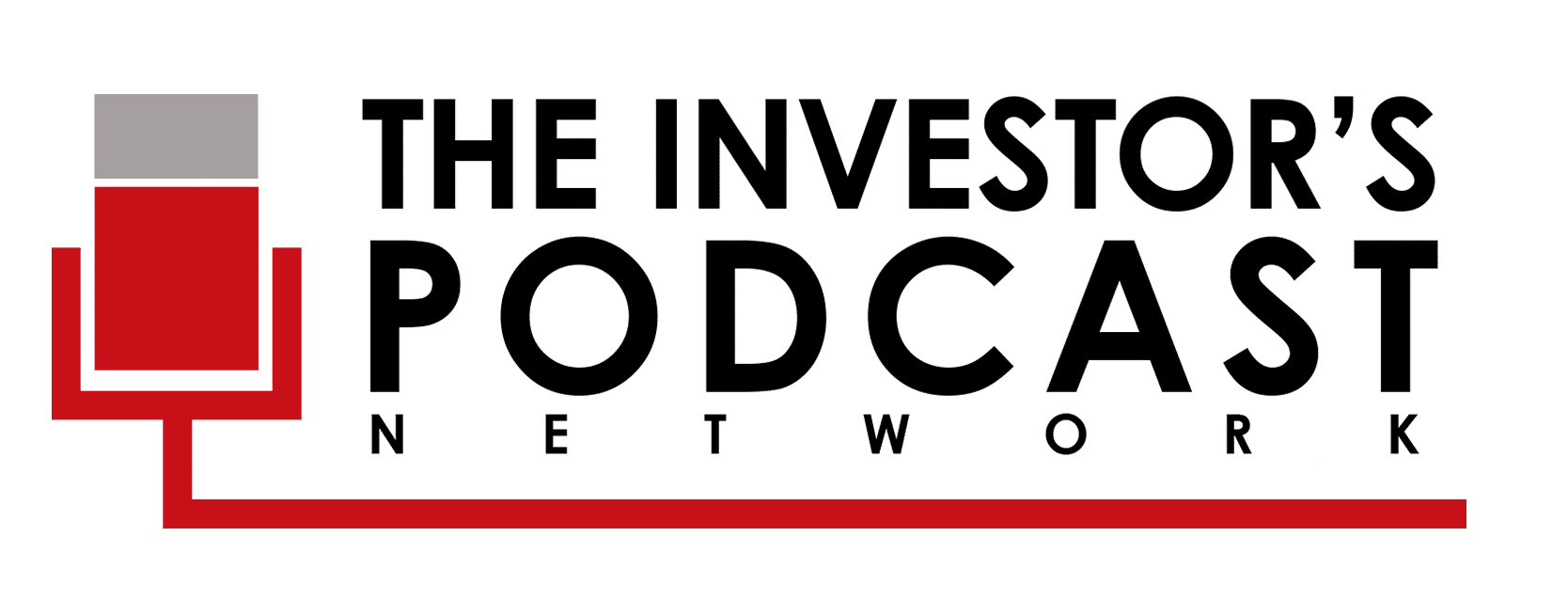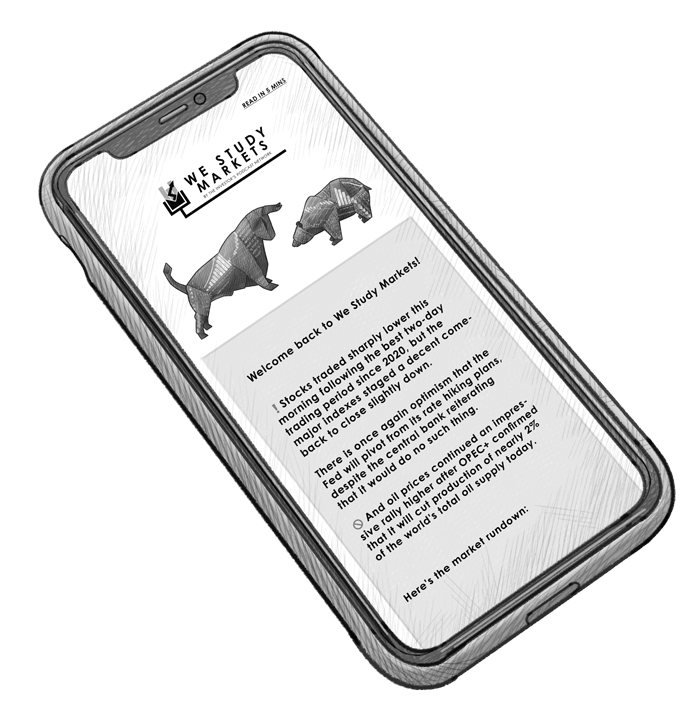What Are Personal Check Advantages and Disadvantages?
A personal check is a check made by an individual with a checking account instead of a business or other organization. The terms of personal checks vary based on the bank, but they typically take a few business days to process. Personal checks are typically required when purchasing in person, and the recipient does not have a card reader. You can also use personal checks to get cash advances from your bank or to withdraw money from an ATM. Personal checks can also be used to make electronic payments, such as when you pay bills or utilities. One advantage of personal checks is that you can avoid paying convenience fees often associated with credit cards and other forms of payment. There are many benefits to using a personal checking account, as well as some drawbacks as well. Let’s examine both sides of the issue.
Advantages
-
Convenience
The convenience of personal checks is something that cannot be denied. They are easy to use and can be used for any type of payment. They are also the most convenient when it comes to giving someone a gift or if you need to send money overseas. Personal checks are also convenient because they can be carried around in wallets and purses, unlike slow motion debit cards and cash. Learn more about personal check advantages and disadvantages.
-
Personal Checks are Widely Accepted.
Personal checks offer a lot of satisfaction that can be helpful for both individuals and businesses. For example, just anyone can accept personal checks, which can be helpful if you try to avoid carrying around a lot of cash. Personal checks usually have a minimum balance requirement, which can help protect you from fraud. Additionally, many personal checks come with safety features like ATM access and the ability to cash checks, which can be helpful in an emergency. Finally, this financial product can help you track spending and keep track of your remaining balance.
-
Check Writers Have Limited Liability
In most cases, a person writing checks is not responsible for paying the check if the bank does not have enough money in the account to cover it when it is presented for payment. The check-writer/personal finance writer is only responsible for paying the check if they fail to notify the bank immediately of insufficient funds in their account. The bank or credit union will work with you to arrange payment in most cases. However, if the bank has to pay, it may charge convenience fees or overdraft fees on your checking accounts.
Disadvantages
-
Security concerns
Security is the primary disadvantage of using checks. Although checks are traceable, they are not tied to your bank account. You can write a check for the entire amount in your account or even more. Also, there is no fraud protection for lost or stolen checks. In federal law, checks are non-reversible, unlike credit cards. You could lose hundreds or even thousands of dollars if someone steals your checkbook.
-
Tracking limitations
While you can’t track a personal check online, you may have to go through the process of calling your bank to see if they have received it. You also won’t be able to see what the check was used for or whether it has cleared or not.
-
Checks are not cost-effective
The first thing to note is that personal checks are not cost-effective. Their processing takes longer, and the recipient has to cash the check before they can spend it. The recipient must also have a checking account to cash the check, which is not always required when using a debit card. Finally, remember that personal checks can affect your credit history, so use them wisely.
To decide whether or not personal checks are the best choice for you, make sure to consider the pros and cons listed above.



